 |
 |
| |
Selected Development Project |
| |
 |
| Project Title |
Effects of Pharmaceuticals & Personal Care Products (PPCPs) on Removal Efficiency and Bacterial Community in Biological Sewage Treatment Plants with Varying Designs and Process Optimization
藥品和個人護理產品對不同設計的生物污水處理廠的去除效率和細菌群落結構的影響及流程優化 |
|
| |
| Principal Investigator |
Dr TSANG Yiu Fai |
|
| |
| Area of Research Project |
Science and Environmental Studies |
|
|
|
|
|
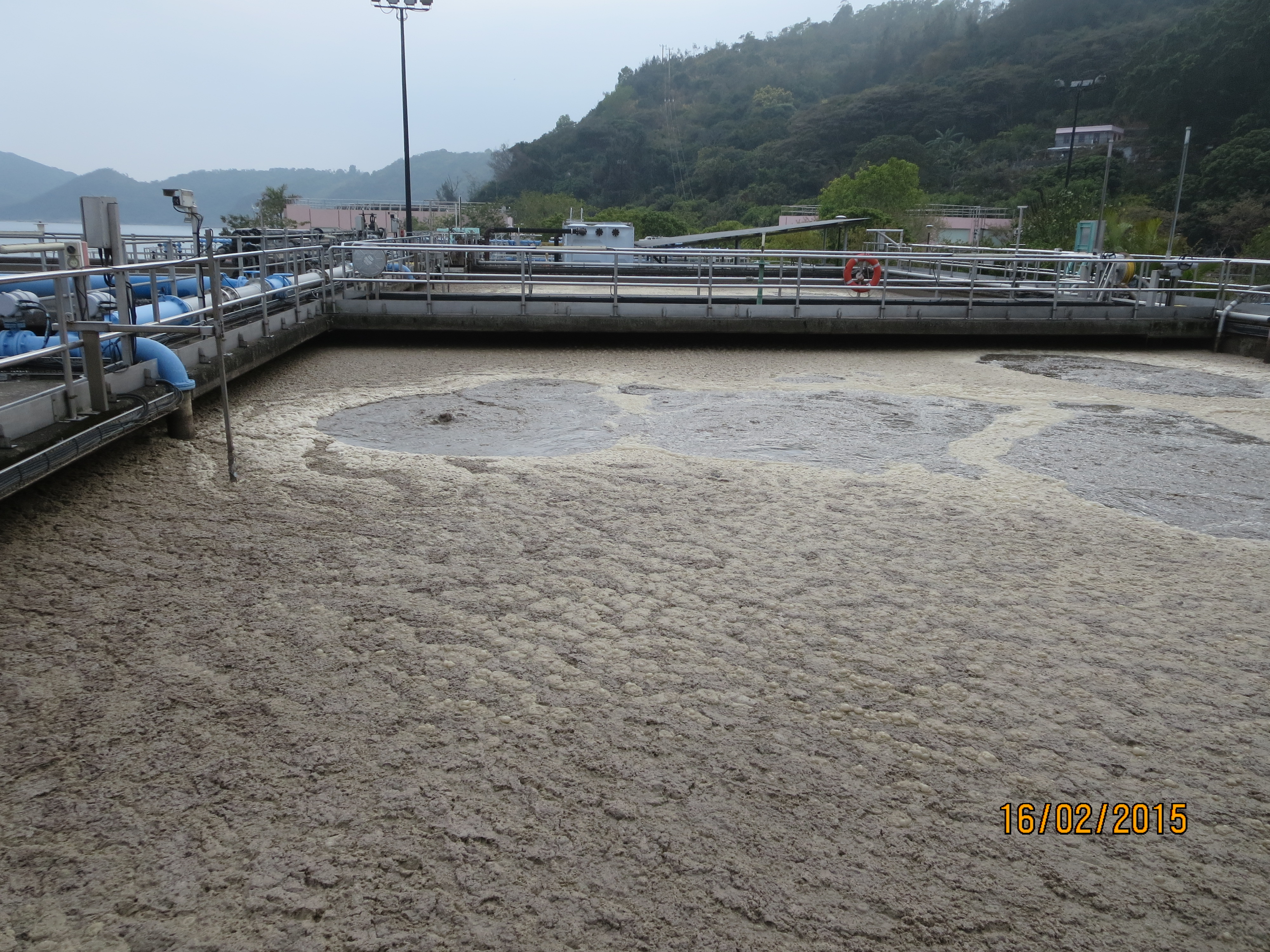
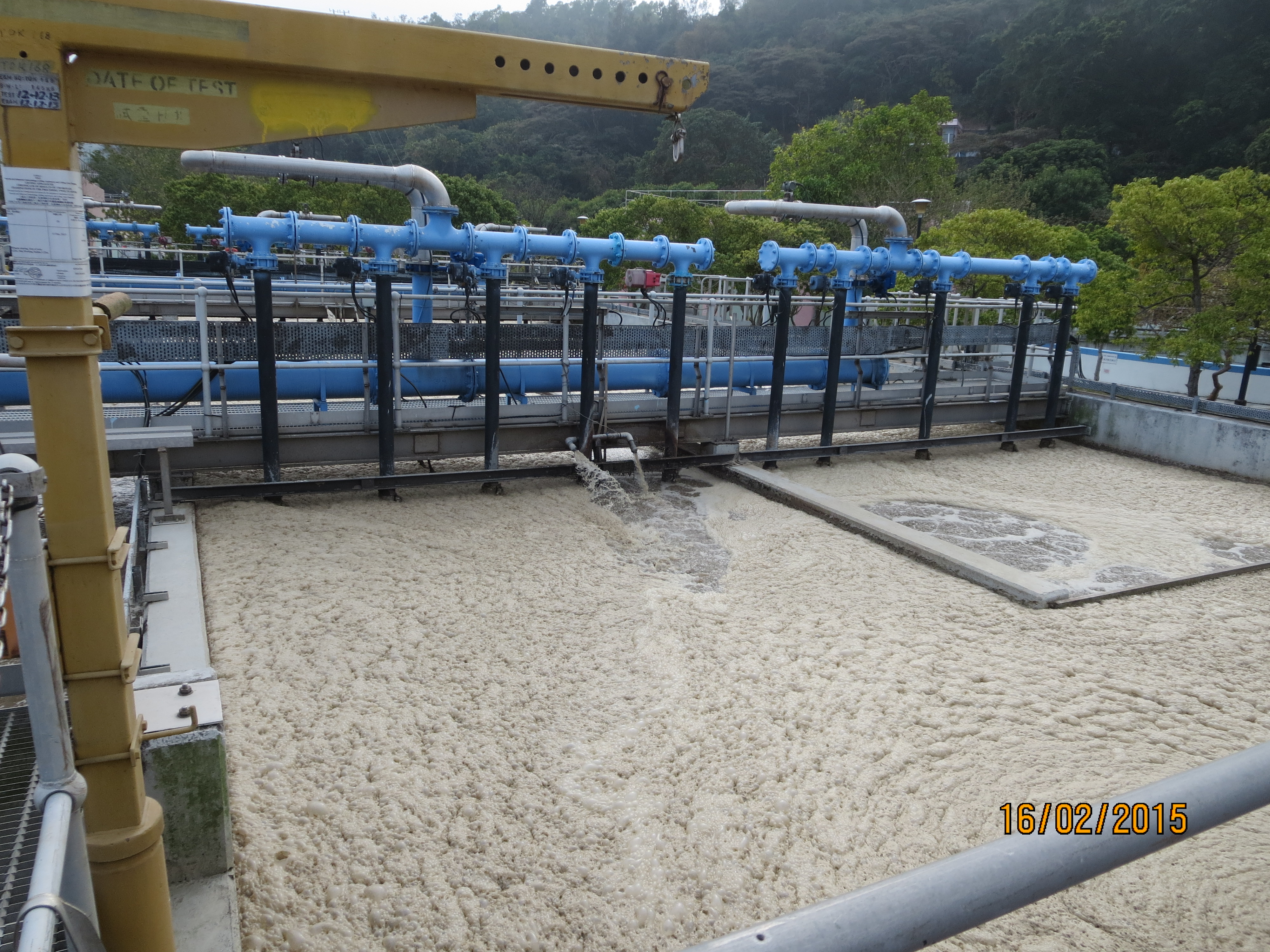
|
| Project Period |
|
|
| Objectives |
- To compare the distribution and removal efficiency of 4 targeted classes of PPCPs with adverse effects on treatment performance and to establish the mass balance of the targeted PPCPs in biological sewage treatment plants with different designs in Hong Kong, Guangzhou and Scotland;
- To investigate the effects of the identified PPCPs on the removal efficiency and microbial community by using dose-response experiments in lab-scale bioreactors;
- To investigate the ecotoxicological scrutiny of the removal rates of the identified PPCPs in different bioreactors in the presence and absence of the acclimated enhanced culture of aerobic microorganisms;
- To propose possible measures to improve and optimise the treatment performance of the identified PPCPs in different biological wastewater treatment systems for ultimate discharge according to the results of objectives #1, 2 and 3.
|
|
| Methods Used |
-
Sample collection from the biological sewage treatment plants with varying designs in Hong Kong, Guangzhou, and Scotland
-
Chemical analyses using GC-MS/MS and/or HPLC-MS
-
Microbial community analyses and DNA sequencing
-
Process modification and optimisation
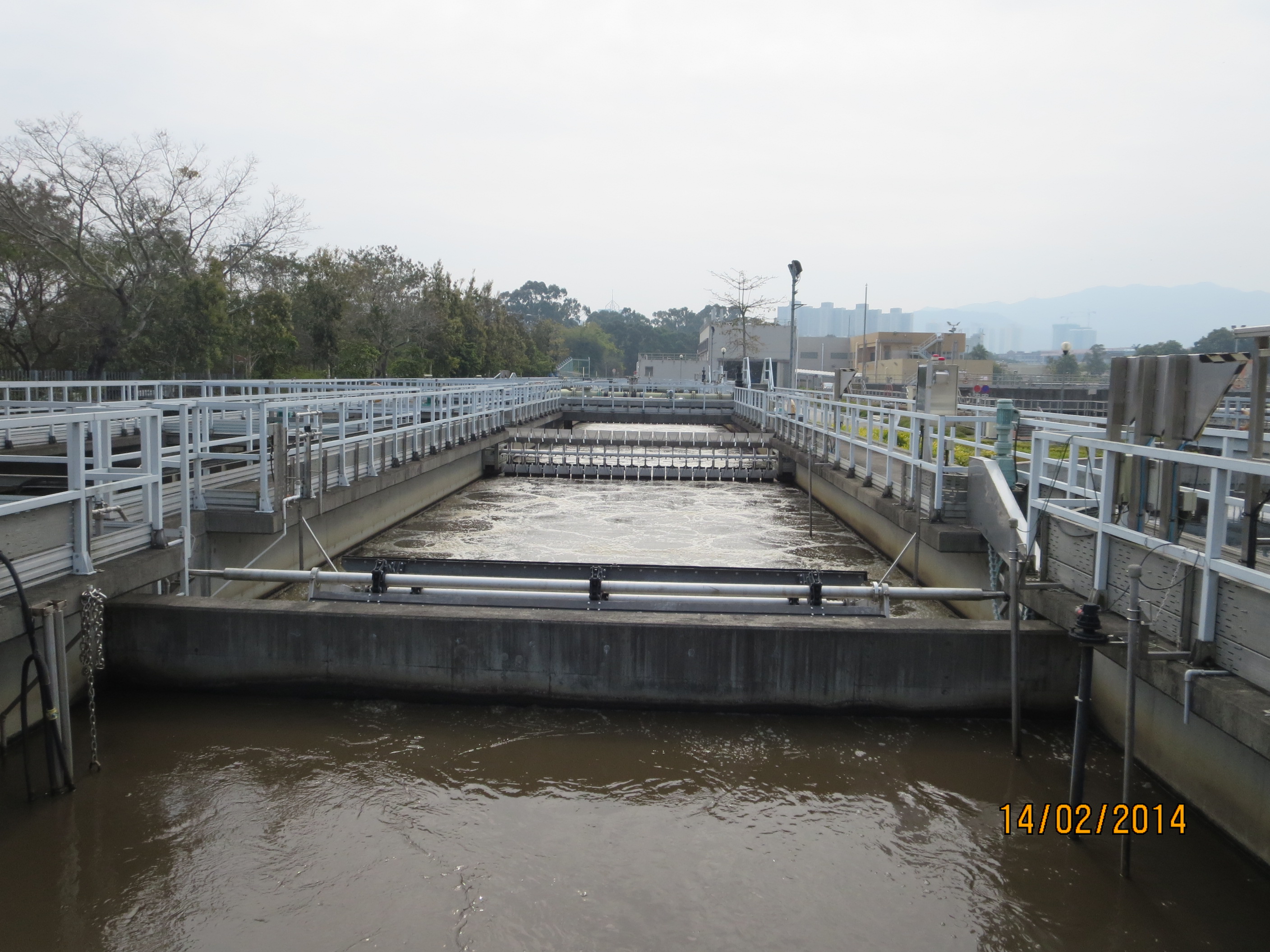 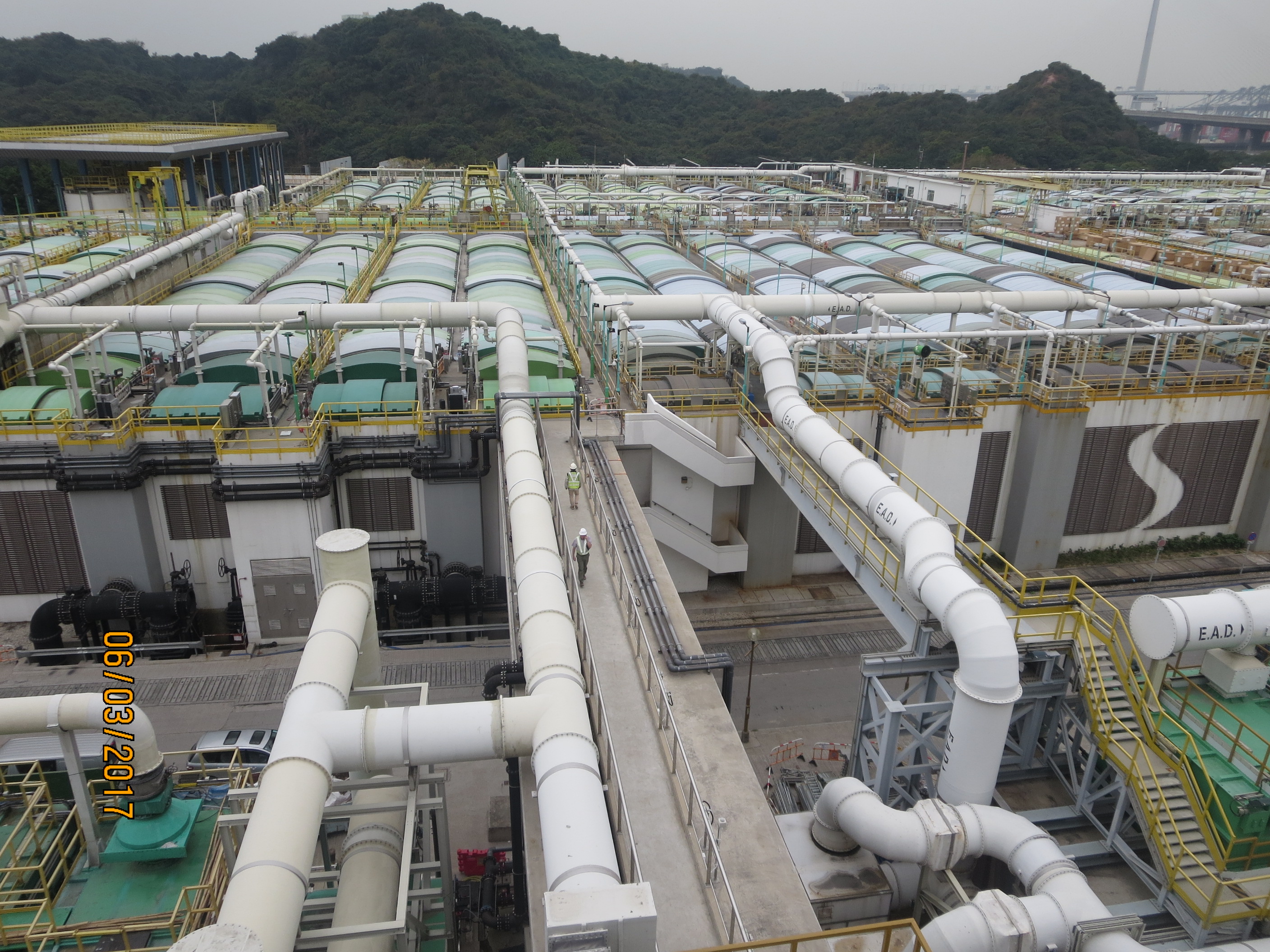 |
| Summary of Findings |
-
Removal efficiency of PPCPs in biological sewage treatment plants with varying designs in Hong Kong, Guangzhou, and Scotland
-
Effects of PPCPs on the removal efficiency and microbial community
-
Ecotoxicological scrutiny of the removal rates of PPCPs in different bioreactors
-
Process optimisation of bioreactors with varying designs for removal of the identified PPCPs
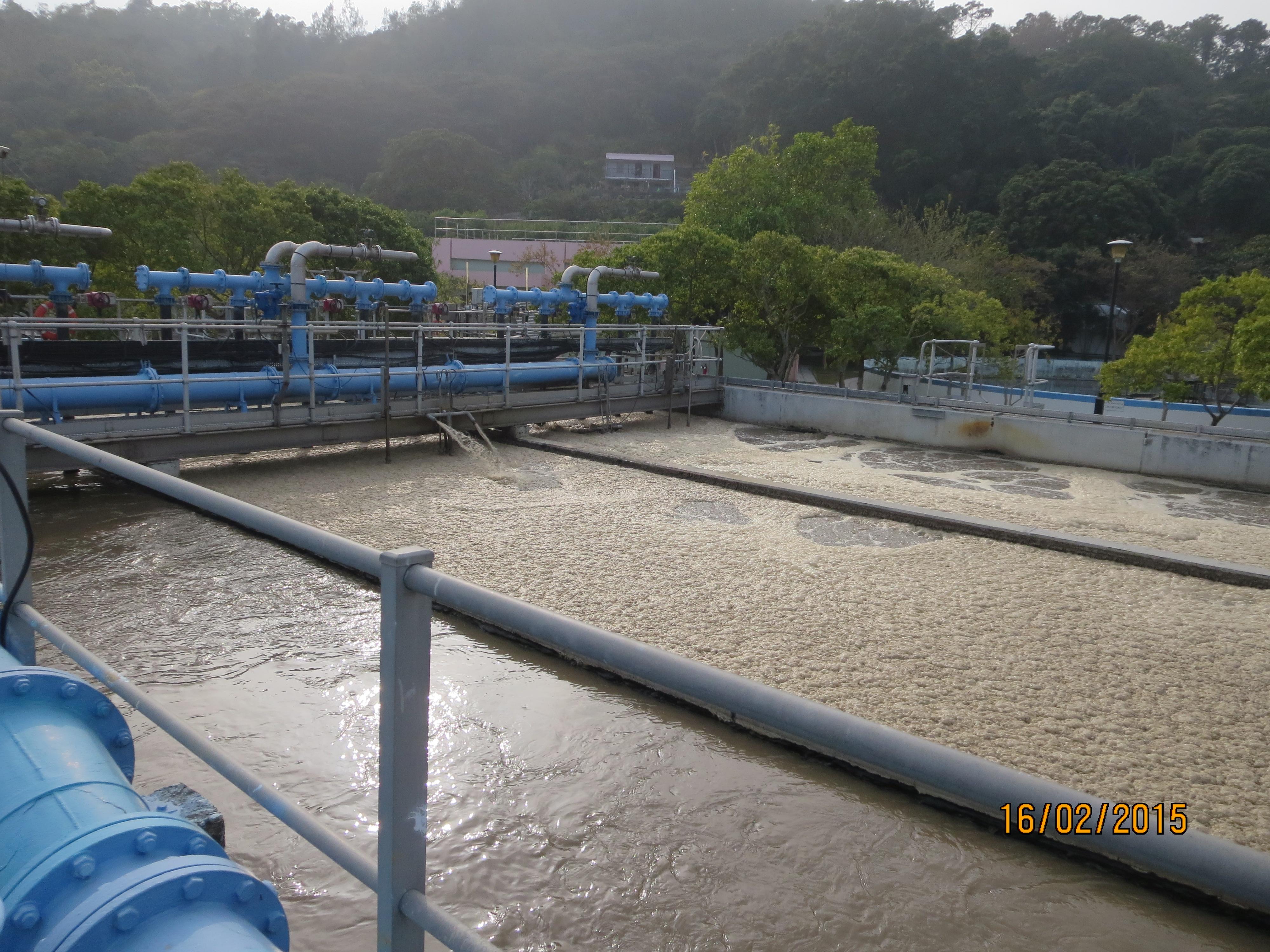 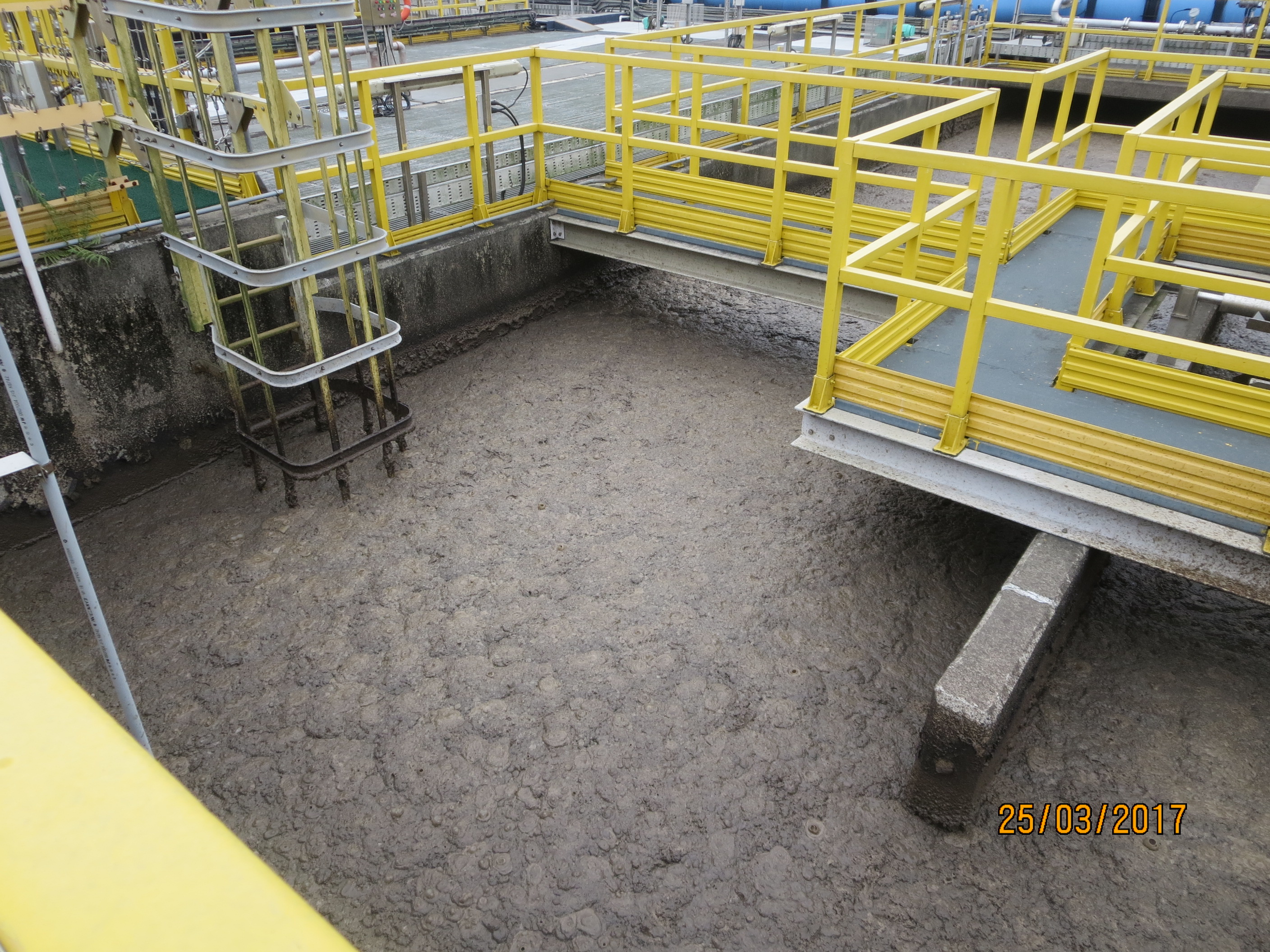 |
| Impact |
- The findings of this study will contribute to the fundamental understanding on the removal mechanisms of PPCPs in different biological processes.
- The results will provide a theoretical basis for the optimisation of the biological treatment system with varying designs.
- The efficiency of biological treatment systems will be significantly improved in reducing the release of PPCPs into aquatic environments and promoting water reclamation for irrigation.
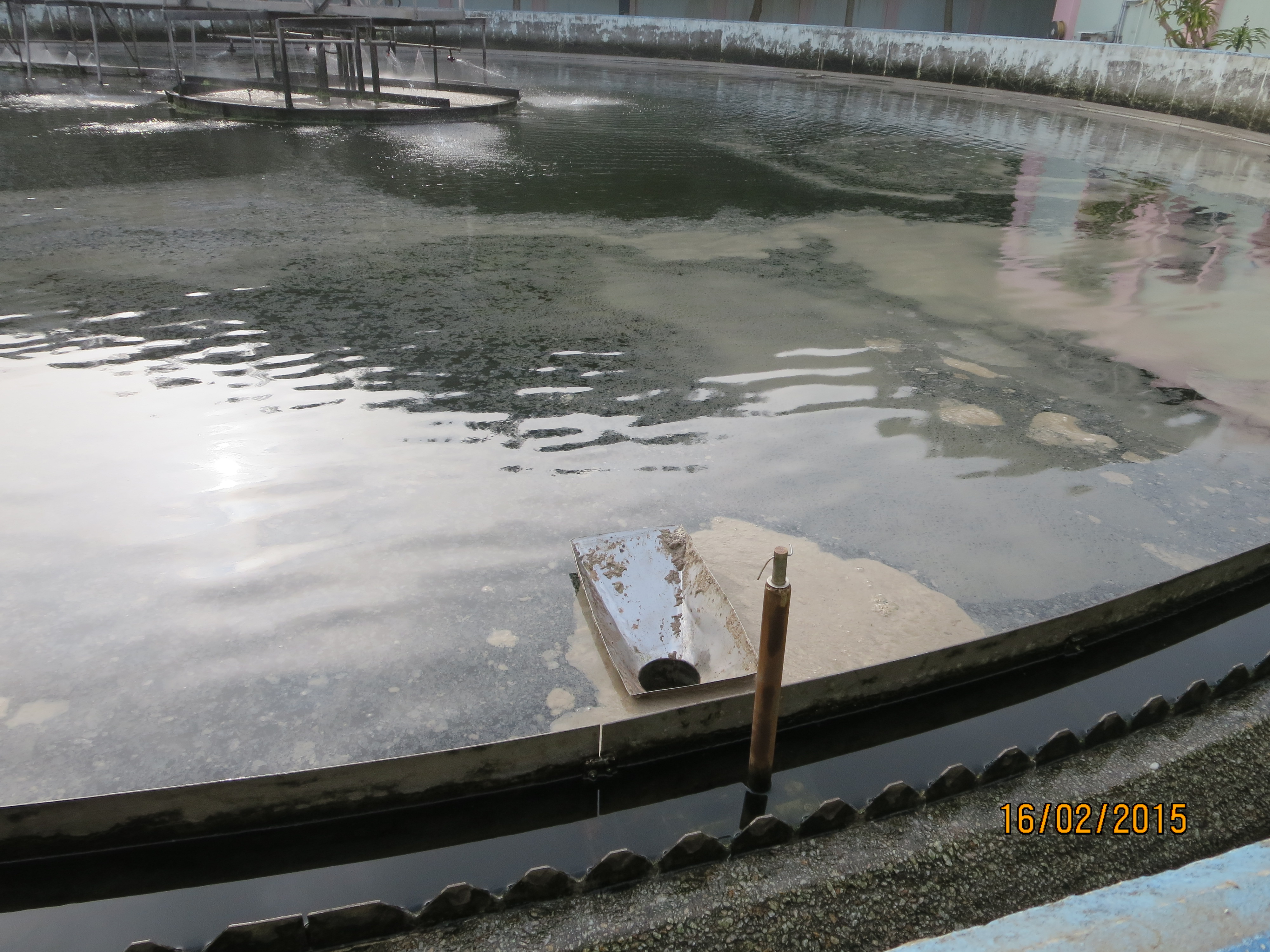 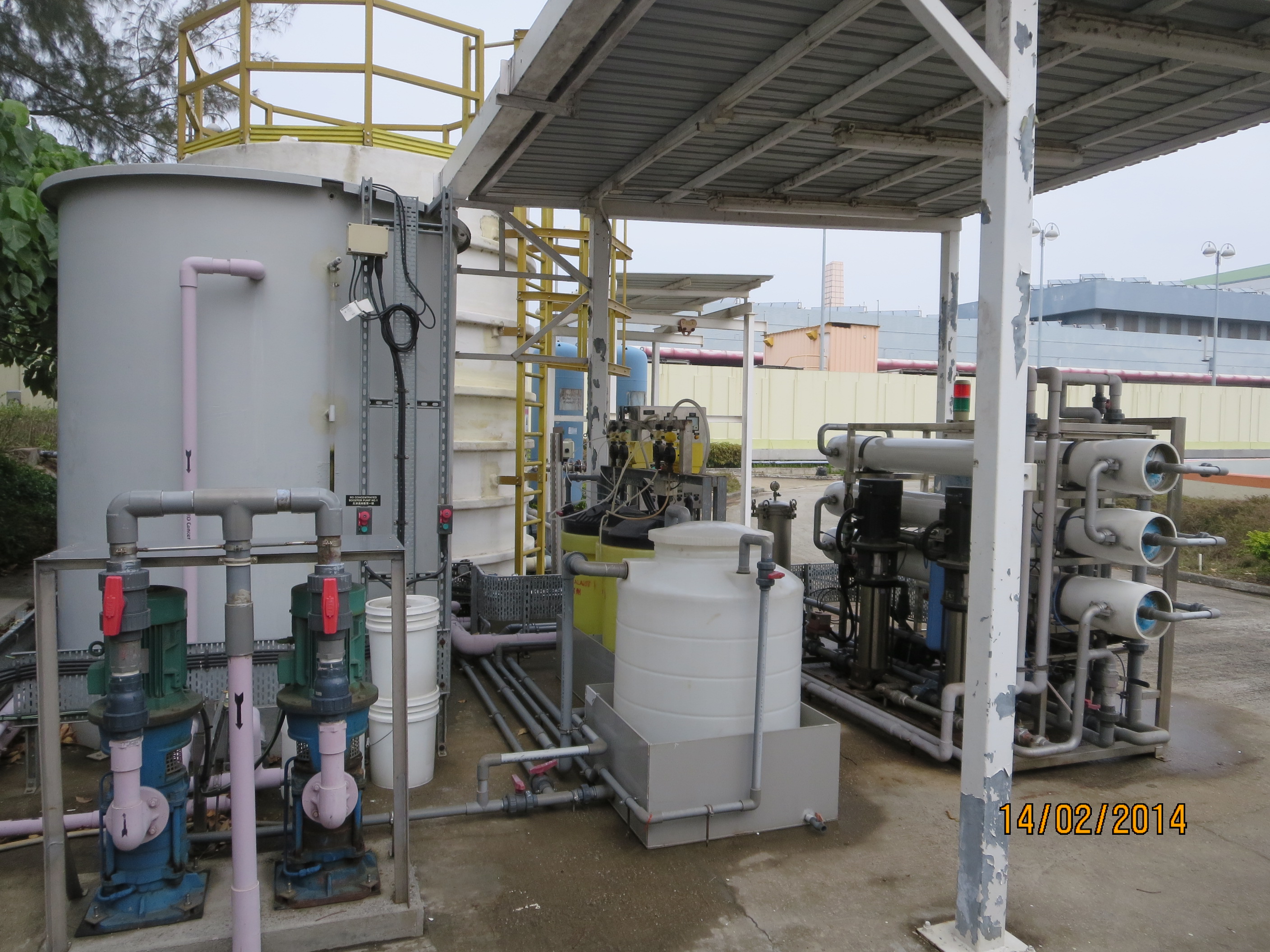 |
| Selected Output |
- Yang, Y., Ok, Y.S., Kim, K.H., Kwon, E.E., Tsang, Y.F.*(2017). Occurrences and removal of pharmaceuticals and personal care products (PPCPs) in drinking water and water/sewage treatment plants: a review. Science of the Total Environment, 596-597, 303-320.
- Hu, J., Zhou, J., Zhou, S.*, Wu, O., Tsang, Y.F.*(2017). Occurrence and fate of antibiotics in a wastewater treatment plant and their biological effects on receiving waters in Guizhou. Process Safety and Environmental Protection (in press).
- Wang, H.W., Sun, Y.J., Hao, Z.P., Wang, Y.N.*, Li, W.H., Tsang, Y.F.*(2017). Transformation of dissolved organic matter (DOM) in concentrated leachate from nanofiltration during ozone-based oxidation processes (O3, O3/H2O2 and O3/UV). Journal of Environmental Management, 191, 244-251.
- Wang, H.W., Wang, Y.N., Sun, Y.J., Pan, X.L.*, Zhang, D.Y., Tsang, Y.F.*(2017). Differences in Sb(V) and As(V) adsorption onto a poorly crystalline phyllomanganate (δ-MnO2): Adsorption kinetics, isotherms, and mechanisms. Process Safety and Environmental Protection (in press)
- Lam, W., Wang, Y.J., Chan, P.L., Chan, S.W., Tsang, Y.F.*, Chua, H., Yu, P.H.F.* (2017). Production of polyhydroxyalkanoates (PHA) using sludge from different wastewater treatment processes and the potential for medical and pharmaceutical applications. Environmental Technology, 38(13-14), 1779-1791.
- Cho, D.W., Kim, S., Tsang, Y.F., Song, H. (2017). Preparation of nitrogen-doped Cu-biochar and its application into catalytic reduction of p-nitrophenol. Environmental Geochemistry and Health (in press; DOI: 10.1007/s10653-017-9966-x).
- Hasan, Z., Ok, Y.S., Rinklebe, J., Tsang, Y.F., Cho, D.W., Song, H. (2017). N doped cobalt-carbon composite for reduction of p-nitrophenol and pedimethaline. Journal of Alloys and Compounds, 703, 118-124.
- Jeong, Y., Cho, K., Kwon, E.E., Tsang, Y.F., Rinklebe, J., Park, C. (2017). Evaluating the feasibility of pyrophyllite-based ceramic membranes for treating domestic wastewater in anaerobic ceramic membrane bioreactors. Chemical Engineering Journal, 328, 567-573.
- Sarkar, B., Mandal, S., Tsang, Y.F., Kumar, P., Kim, K.H., Ok, Y.S. (2017). Designer carbon nanotubes for contaminant removal in water and wastewater: A critical review. Science of the Total Environment, 612, 561-581.
- Wang, H.W., Wang, Y.N., Sun, Y.J., Tsang, Y.F., Zhang, D.Y., Pan, X.L. (2017). A microscopic and spectroscopic study of rapid antimonite sequestration by a poorly crystalline phyllomanganate: differences from passivated arsenite oxidation. RSC Advances, 7, 38377-38386.
|
| Biography of Principal Investigator |
Dr Tsang Yiu Fai is an Associate Professor in the Department of Science and Environmental Studies at The Education University of Hong Kong. He received his BEng and PhD in Environmental Engineering from The Hong Kong Polytechnic University. His research interests include water and wastewater treatment, microbial CO2 fixation, pharmaceuticals & personal care products (PPCPs) in sewage treatment plants, resource recovery from organic wastes, and odour pollution control. Currently, he is Editor-in-Chief of Energy & Environment (SAGE Publishing), Associate Editor of Water Environment Research (Water Environment Federation) and RSC Advances (Royal Society of Chemistry), Subject Editor of Process Safety and Environmental Protection (Elsevier), and Editorial Board Member of Chemical Engineering Journal (Elsevier). |
Funding Source |
General Research Fund |
|
|
 |
|
 |


